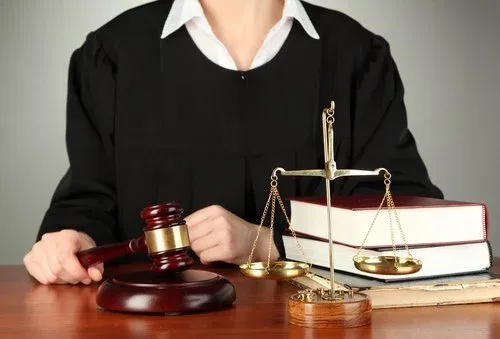If you have a parole hearing approaching, then you might have a few questions. Many people have misconceptions about parole. Before you go to your hearing, you should learn the facts about parole. Here is everything that you should know about parole and parole hearings.
What is Parole?
When a prisoner serves part of his sentence, he might be eligible for parole. First, he needs to appear at a parole hearing. The board will decide whether or not the prisoner deserves a chance to leave prison. If they grant him parole, then he can serve the rest of his sentence outside of the prison walls. They might choose to deny his parole. In this case, the prisoner would return to prison. There, he would finish the rest of his sentence.
Some people confuse parole with freedom. Although parole lets you serve your sentence outside of prison walls, it is not freedom. While you are on parole, you must adhere to the requirements of your parole. If you fail to do so, then you could end up back in prison.
The Reason for Parole
There is a good reason that the court grants parole. It prepares prisoners for life in a community. After years or even months behind bars, a prisoner might have a difficult time returning to society. When you get parole, you get a chance to ease back into society. While you do, your parole officer ensures that you don’t threaten the well-being of anyone in your community. They also keep track of your own well-being.
While you are on parole, you can adjust to life. You can ease into your old relationships and find your own path to success. This reduces the chance of you committing another crime. Without parole, adjusting to life outside of prison walls could be too challenging.
Who Gets Parole?
Not all prisoners are eligible for parole. In fact, many prisoners don’t get the opportunity to attend a parole hearing. Only prisoners who follow the rules get the privilege of parole. You need to show commitment to a positive lifestyle and contribute to your community for a chance at parole.
Often, you need to serve a good portion of your prison sentence to be eligible for parole. At the time of your sentencing, the presiding judge might give you a minimum sentence. After you serve that minimum, you might be eligible for parole. However, it is not up to the judge to decide whether or not you are eligible for parole. Instead, it’s something that a board decides. If the board feels that you pose no risk to the safety of others, then they might grant you parole.
If you get parole, then you still might need to finish out your jail sentence. This occurs if you break the terms of your parole. For example, you might need to maintain your job. If you fail to do so, then you could end up back in prison. There, you would need to finish out your full sentence.
Your Parole Hearing
If you are eligible for parole, then you must go to a parole hearing. The parole hearing is the legal process in which the board decides whether you should go from prison to parole. At the hearing, a Hearing Examiner of the United States Parole Commission conducts business. Then, a commissioner reviews the record from the hearing and decides whether or not you get parole.
At your parole hearing, you need to prove that you are ready for parole. There are a few ways that you need to do this. For one, you need to show that you pose no threat to society. The only way that you can get parole is by showing that you are no threat. Additionally, you need to show that you followed the rules of the prison. If you have a record of rule-breaking, then you might not get parole.
Another consideration for your parole is the victim. At your parole hearing, the victim could show up. Victims and family members of victims can speak at hearings. When they do, they might try to convince the court that you belong in jail. It’s important to prepare yourself for this possibility.
Getting Legal Representation
If you want a fair chance at parole, then you need to speak to a lawyer. Your parole hearing could be the key to a brighter future. For that reason, you should do everything that it takes to get parole. That means hiring a parole lawyer.
Many parole hearings end with a negative outcome for the prisoner. However, there is hope. A parole lawyer can help. Before your hearing, your lawyer can prepare you. He can explain the process and help you practice for the hearing. With his help, you might be able to convince the commissioner that you deserve a chance to live outside of prison walls.



